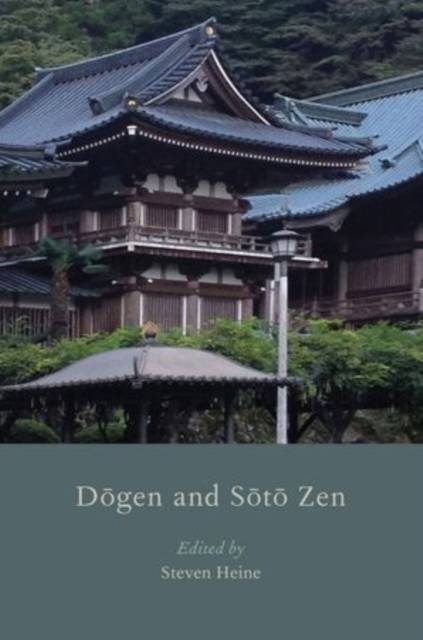
- Afhalen na 1 uur in een winkel met voorraad
- Gratis thuislevering in België vanaf € 30
- Ruim aanbod met 7 miljoen producten
- Afhalen na 1 uur in een winkel met voorraad
- Gratis thuislevering in België vanaf € 30
- Ruim aanbod met 7 miljoen producten
Zoeken
Omschrijving
Dogen and Soto Zen builds upon and further refines a continuing wave of enthusiastic popular interest and scholarly developments in Western appropriations of Zen. In the last few decades, research in English and European languages on Dogen and Soto Zen has grown, aided by an increasing awareness on both sides of the Pacific of the important influence of the religious movement and its founder. The school has flourished throughout the medieval and early modern periods of Japanese history, and it is still spreading and reshaping itself in the current age of globalization. This volume continues the work of Steven Heine's recently published collection, Dogen: Textual and Historical Studies, featuring some of the same outstanding authors as well as some new experts who explore diverse aspects of the life and teachings of Zen master Dogen (1200-1253), the founder of the Soto Zen sect (or Sotoshu) in early Kamakura-era Japan. The contributors examine the ritual and institutional history of the Soto school, including the role of the Eiheji monastery established by Dogen as well as rites and precepts performed there and at other temples.
Alleen bij Standaard Boekhandel
+ 366 punten op je klantenkaart van Standaard Boekhandel
Beoordelingen
We publiceren alleen reviews die voldoen aan de voorwaarden voor reviews. Bekijk onze voorwaarden voor reviews.












